-
Highlight
CoQ10 plant extract supplement
,dark orange CoQ10 viscous solids
,high-performance CoQ10 pure extract
-
Product NameCoQ10
-
Purity99.9%
-
AppearancePower
-
Shelf Life2 Years
-
MOQ5KG
-
PackingFoil Bag,Bottled,Drum,Carton,Container
-
QualityNatural Raw Materials, Safe And Harmless, No Addition
-
CAS303-98-0
-
Place of OriginShaanxi, China
-
Brand NameBaisfu
-
CertificationCoQ10
-
Model Number303-98-0
-
Minimum Order Quantity5kg
-
Price8.59USD
-
Packaging DetailsFoil bag,Bottled,Drum,Carton,Container
-
Delivery Time10-15 work days
-
Payment TermsT/T,Western Union,D/P,L/C
-
Supply Ability20,000 kilograms a month
Baisfu High-Performance CoQ10 Light to Dark Orange Viscous Solids
Coenzyme Q10 (CoQ10 for short) is a fat-soluble quinone compound (chemical formula C₅₉H₉₀O₄), naturally occurring in human cell mitochondria and widely found in animal and plant tissues. Its artificial synthesis and microbial fermentation processes are well-established. With its core functions of "energy metabolism regulation + antioxidant protection," it has wide applications in food, daily chemical products, and other fields, and is a key active ingredient for maintaining human function and skin health.
Chemical composition: Commercial products are available in both naturally derived (animal tissue/plant extracts) and synthetic forms, typically with a purity ≥98% (food grade/pharmaceutical grade). It exists in both oxidized (ubiquinone) and reduced (panthenol) forms, with the reduced form exhibiting higher bioavailability.
Physical properties: The oxidized form is a yellow to orange-yellow crystalline powder, and the reduced form is a white to pale yellow powder, both odorless and tasteless; sparingly soluble in water, readily soluble in ethanol, oils, and fat-soluble solvents; melting point approximately 49-51℃; good thermal stability, not easily decomposed in processing environments below 100℃; sensitive to light and oxygen, easily oxidized and degraded.
Chemical properties: Its fat-soluble nature requires absorption via fat; in vivo, it can interconvert between the oxidized and reduced forms, exerting electron transfer and antioxidant effects; it exhibits strong synergistic effects with antioxidants such as vitamin E and vitamin C, enhancing their antioxidant effects; and its stability is even better in fat-soluble systems.
| Product Name | CoQ10 |
| CAS | 303-98-0 |
| Type | Food Flavors |
| Brand Name | BAISIFU |
| Appearance | Power |
| Shelf Life | 2 years |
| MOQ | 5KG |
| Origan | Shaanxi,China |
| Purity | 99% |
| Packing | Foil bag,Bottled,Drum,Carton,Container |
| Storage | Sealed in dry,Room Temperature |
-
Food Industry
Fortified Foods:Used in infant formula, senior food, sports drinks, energy bars, meal replacement powders, etc., to enhance energy metabolism and antioxidant nutrition, compensate for deficiencies in natural foods, and support growth, development, and health maintenance.
Specialty Foods: Used in foods specifically for pregnant women, post-operative recovery foods, and foods for patients with chronic diseases, to specifically supplement CoQ10, assisting in improving bodily functions and enhancing recovery efficiency.
-
Daily Chemicals Industry:
Skincare Products:Added to face creams, lotions, serums, eye creams, sunscreens, etc., to exert antioxidant, anti-aging, and repairing effects, scavenging free radicals, protecting skin cells, improving dull skin tone, fine lines, and sagging, and enhancing skin barrier function. Suitable for mature skin, skin damaged from lack of sleep, and skin care.
Hair Care Products: Used in shampoos, conditioners, scalp serums, etc., to protect the scalp and hair through antioxidant effects, reduce free radical damage, strengthen hair, improve dryness and split ends, and delay scalp aging.
-
Key physiological function, irreplaceable: As a core coenzyme in cellular mitochondrial energy metabolism, it participates in ATP synthesis, significantly boosting cellular energy levels and alleviating fatigue. Simultaneously, it is a potent fat-soluble antioxidant, scavenging free radicals, protecting cell membranes from oxidative damage, and delaying cellular aging. It is crucial for cardiovascular health and skin maintenance.
-
atural and safe, highly tolerable: The human body can synthesize small amounts of CoQ10, which is naturally found in meat, fish, nuts, and other foods. The artificial synthesis and fermentation processes are mature, resulting in high product purity and few impurities. Within the prescribed dosage, it is non-toxic and has no significant side effects; only a very small number of people may experience mild gastrointestinal discomfort, making daily use extremely risky.
-
atural and safe, highly tolerable: The human body can synthesize small amounts of CoQ10, which is naturally found in meat, fish, nuts, and other foods. The artificial synthesis and fermentation processes are mature, resulting in high product purity and few impurities. Within the prescribed dosage, it is non-toxic and has no significant side effects; only a very small number of people may experience mild gastrointestinal discomfort, making daily use extremely risky.
- Strong compliance and stable supply: It complies with the food fortifier and health product raw material standards of most countries and regions around the world, such as GB 14880, FDA, and EFSA, with few application restrictions; the industrial production technology is mature, the output is stable, and it can meet the needs of large-scale applications. Different purities and dosage forms (powder, oil, microcapsules) can be adapted to different products.

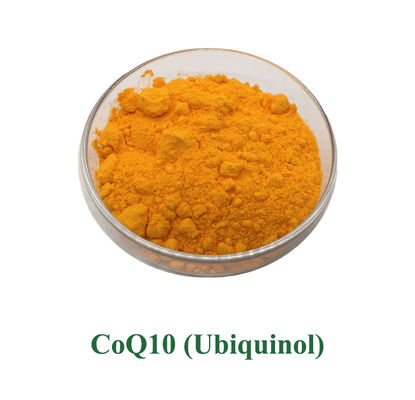
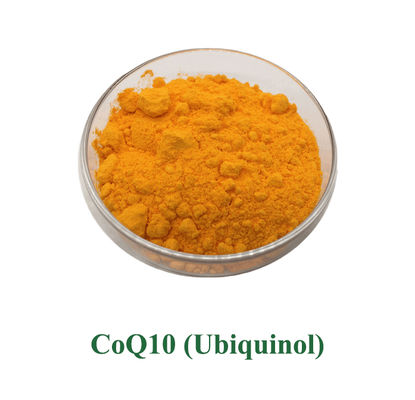
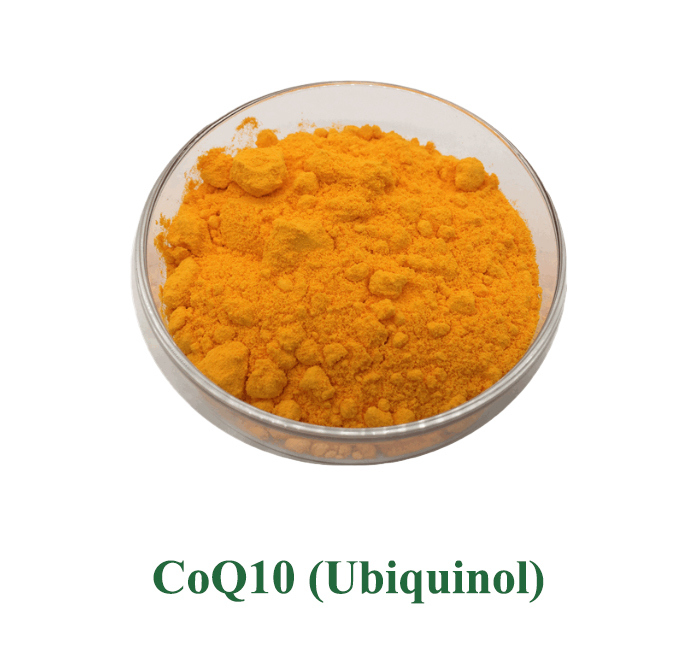
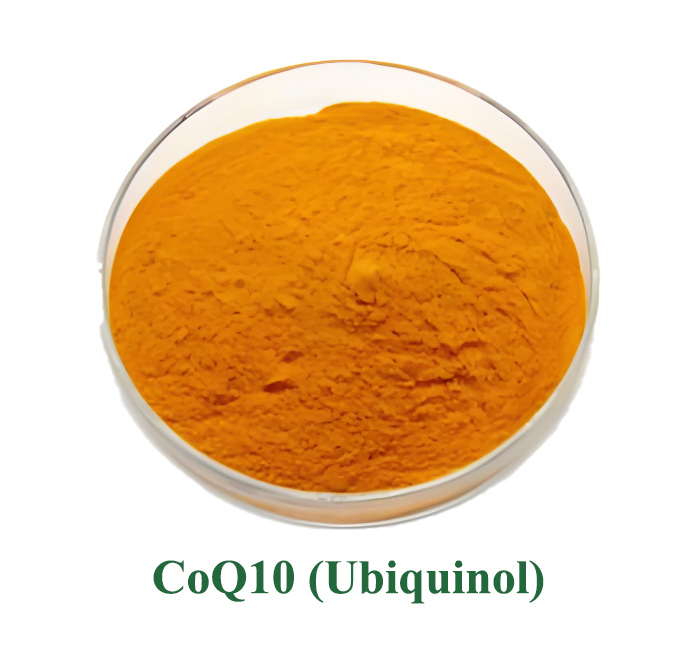
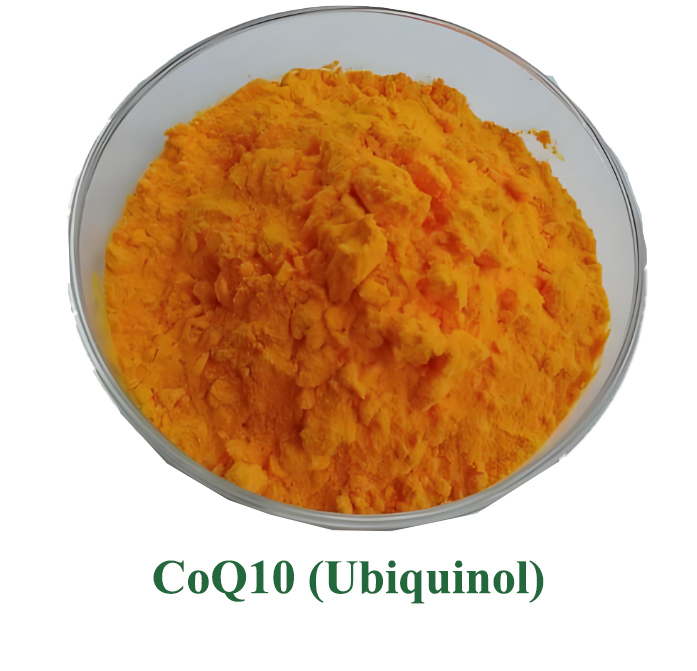
Overall Rating
Rating Snapshot
The following is the distribution of all ratingsAll Reviews